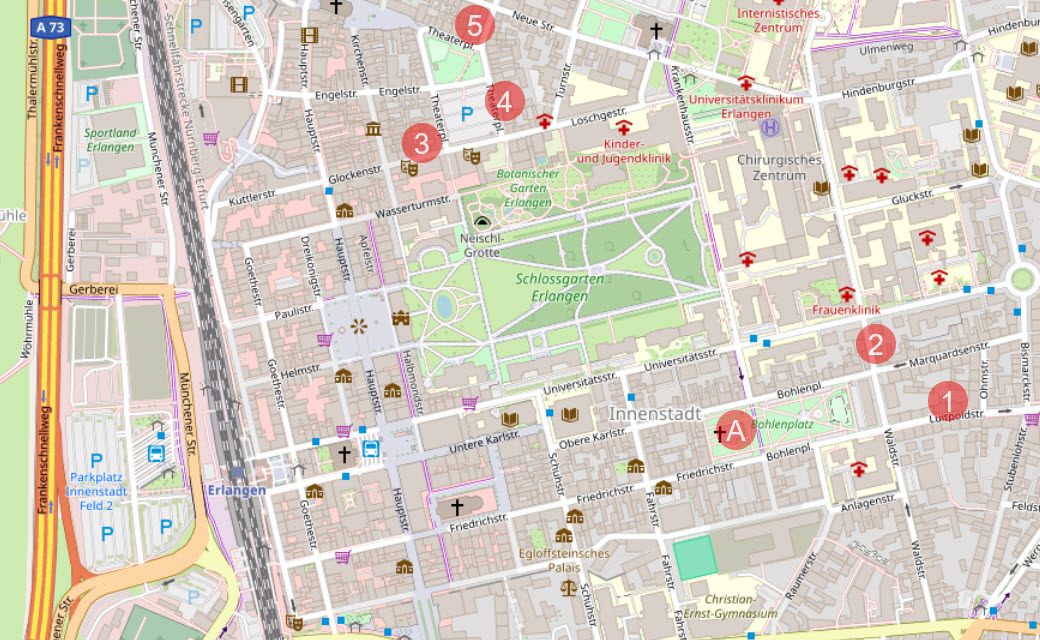International Conference »Digitality and the Public Sphere: Literature, Mediality, Practice«

International Conference
“Digitality and the Public Sphere: Literature, Mediality, Practice”
FAU Erlangen-Nürnberg, 30.09. – 02.10.2024
Keynote: N. Katherine Hayles
About the Conference
At this moment of our present time, processes of digitalization are leading to a profound transformation of social environments. Digitalization impacts the economic, cultural, and historic conditions of the lives we live and the ways we socially interact, communicate, and self-reflect. The turn towards the digital informs cultural structures and practices, it shapes forms of knowledge production and dissemination, and it alters the very fabric of the public sphere. An increasing pluralization and differentiation of public spaces of communication raises renewed questions over the loss of an imagined consensus as well as new potentialities for processes of cultural production, their changing social, political, and cultural functions, and their ethical implications.
Literature, in its extended sense of textuality, cultural production, and history of material practices, is deeply entangled in the structural shift towards digitality. As circumstances of production and reception change, a general reinterpretation of literature as such, its role and functionality, its possibilities or potential “death” ensues. At the same time, literature itself engages in reflections on the opportunities, challenges, and potential risks of the profound shift towards digitality, as digital media forge new literary forms, conventions, and aesthetic practices. Engaging with social change on the level of content, form, and models of engagement, literature actively positions itself and intervenes in the collective imagination and the shaping of processes of exchange between public spheres and new, digital frontiers.
The Research Training Group “Literature and the Public Sphere in Contemporary Differentiated Cultures,” funded by the German Research Foundation, investigates the interconnections between various literatures and various publics in multilayered and heterogenous subnational and cross-national social environments since the mid-20th century.
The international conference aims at investigating the diverse interrelations of literature, the public, and the digital through concrete case studies and readings that elucidate the medial constitution, processes of communication, social conditions, and various functions of literary phenomena.
| Monday, September 30, 2024 | |
| 14:00 | Sabine Friedrich, Svenja Hagenhoff, Karin Hoepker Welcome & Introduction |
| 14:30 | Panel 1: Literature, Materialities, and the Virtual: Objects, Roles, Concepts of Creativity (former P 3) Chair: Antje Kley
|
| 17.30 | Poster Exhibition & Reception |
| Tuesday, October 01, 2023 | |
| 10:00 (instead of 09:00) | Panel 2: Public Conditions of Literary Production: Digitality, Popularity, Subversion Chair: Anastasia Glawion
|
| 12:00 | Lunch |
| 14:30 | Panel 3: Literary Reflection and Digital Literacy (former P 4) Chair: Anastasia Glawion
|
| 17:30 | Keynote N. Katherine Hayles | Distinguished Research Professor at the University of California, Los Angeles, and the James B. Duke Professor Emerita from Duke University |
| 19:30 | Conference Dinner (Alter Simpl) |
| Wednesday, October 02, 2024 | |
| 09:30 (instead of 08:30) | Panel 4: Ethics & Politics: The Politics of Belonging and Exclusion (former P 6) Chair: Karin Hoepker
|
| 12:00 | Conclusion |
Panel 1: Generating Attention: The Search for Visibility, Emotional Connection, and Authenticity
The public nature of literature produces different strategies for attracting attention. They relate to the selection and use of media, especially the internet, but also to the presentation, the launch by opinion leaders, the politics of the work or the (self-)staging of the authors. Attention-grabbing factors such as commodity aesthetics, advertising, ranking/rating, but also scandals prove to be extremely relevant for the understanding of cultural artifacts, their perception by the public and their reception.
Panel 2: Public Conditions of Literary Production: Digitality, Popularity, Subversion
Literary communication is not solely based on the spontaneous, free behavior of individuals and organizations as actors, but is contextualized, takes place in a system-bound manner and is conditional. Conditions affect communication by enabling, privileging, demanding or preventing production or distribution of literature. They result from the cultural self-image, the political constitution and the other functional systems of a society as well as from the technological possibilities, and they are characterized by historical developments.
Panel 3: Literature, Materialities, and the Virtual: Objects, Roles, Concepts of Creativity
The digitalization of literatures in the present day – more precisely of reading, writing and publishing – calls into question long-established concepts such as the printed book, the first edition, the original, authorship, intellectual property, the completed work, even the individual page, or changes its noticeability, function, ‘dignity’ and perception in the public sphere.
Panel 4: Literary Reflection and Digital Literacy
The structure of literary texts has undergone significant changes with digitalization. Conventional categories such as author, reader, and text are undergoing a fundamental revision and are being redefined. Literary texts are both shaped by these changes and also reflect deeply on these processes. These two aspects – restructuring and processes of reflection – will be the focus of this panel.
Panel 5: : Literary Knowledge Production: Narrative, Creation, and Circulation
Literatures not only have the capacity to hold canonical knowledge at different levels of comprehensibility for the public and thus function as archives of their own kind, but also to produce alternative or subversive knowledge and offer it to different publics of the second and third spheres. Literatures present themselves as centers for the preservation and processing of cultures, their own media and their differentiated practices.
Panel 6: Ethics & Politics: The Politics of Belonging and Exclusion
Without wanting to reduce literature to a partial or substitute discipline of politics or philosophy, at least in modern societies it must be recognized as having a genuinely public responsibility, its own critical potential and its own forms of aesthetic resistance.
The conference will take place at Kreuz & Quer, Bohlenplatz 1, Erlangen (A). We recommend some hotels:
- Zeitwohnhaus, Luitpoldstraße 10
- The Kepos Hotel, Östliche Stadtmauerstraße 7
- Hotelchen, Theaterstraße 10
- Altmanns Stuben, Theaterplatz 9
- A.B. Hotel, Harfenstraße 1c (keep it small and simpel; booked out very quickly)
From main station to the event location it is a 10 minute walk. From the event location to Hotel 5 it is a a 12 minute walk. 
In addition to the DFG, this conference is funded by
Papers we solicit could address but need not be limited to the following research fields:
- strategies for generating attention in the literary marketplace (economies of reaction, scandalization, forms of polarization and populism, aspects of cancel culture)
- public conditions of literary production and reception (digital spaces, platforms, and their specific forms of communication)
- mechanisms that regulate access, exclusion and canonization, form community, inform political participation, or lead towards practices of opting out
- literary materialities (algorithms and communication, AI and human creativity; altered technologies of publication, altered practices of reading, digitality and materiality) and their function for the adoption of literary aesthetics, shifting forms and genres, and the self-reflexivity of literature on its own affordances
- literary knowledge production (fiction and non-fiction engaging with the future of the digital, posthumanism, the utopian/ dystopian imaginary)
- literary ethics and politics (negotiations of the public sphere as a place of deliberative politics; as a set of platforms providing air time under specific conditions of inclusion and exclusion)
Please submit abstracts (300 words) and short bios by December 10, 2023 Extended Deadline: February 18, 2024.
Organized by
Sabine Friedrich, Svenja Hagenhoff, Karin HöpkerContact
E-mail us at grk2806-conf2024@fau.de

